Meet Kroger and Albertsons, two of the biggest names in the grocery world. Together, they’re planning a merger that’s caught everyone’s attention. With Kroger holding the fifth spot and Albertsons not far behind at 10 in the U.S. retail rankings, their combined forces could reshape how we shop for groceries.
But it’s not just about creating a supermarket titan. This $25 billion deal is stirring up concerns about competition, prices, and the very future of grocery shopping in America.
The FTC’s Big Move
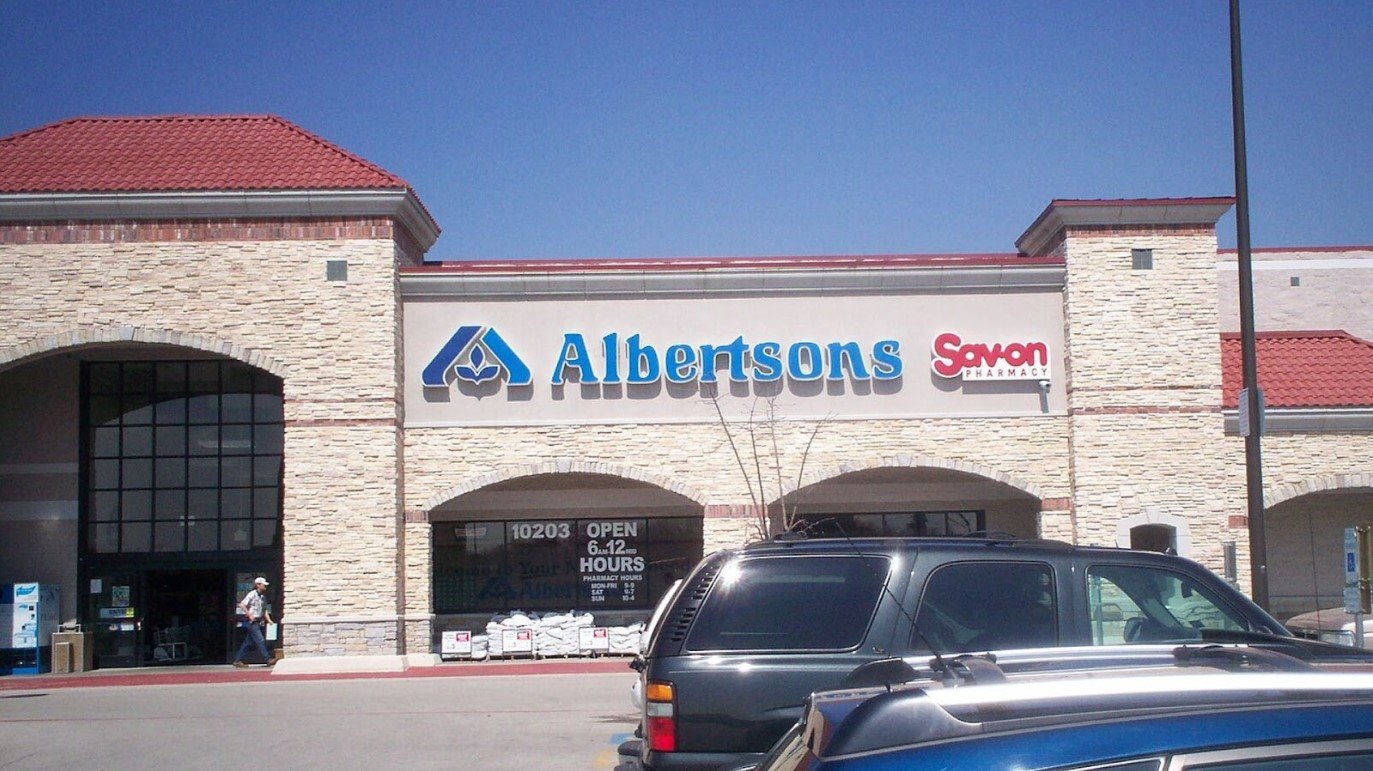
The Federal Trade Commission (FTC) is stepping into the ring, throwing a significant punch at the proposed merger between Kroger and Albertsons. Their reason? A big worry that combining these companies could lead to higher prices, fewer choices, and even store closures.
In a bold move, the FTC has filed a lawsuit to block the merger, arguing it’s not just bad for competition, but bad for consumers too.
Rising Grocery Bills
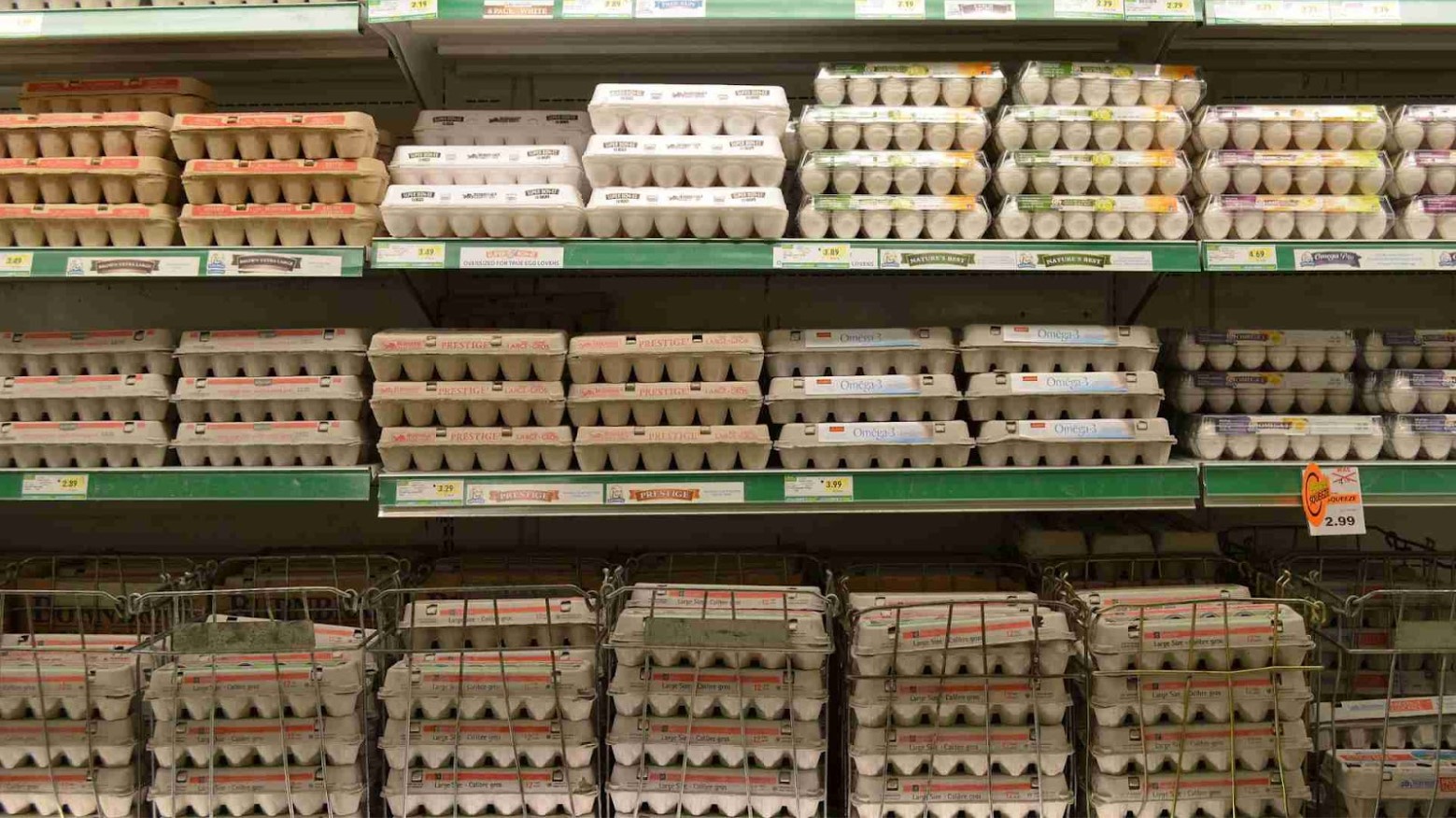
Imagine spending 26% more on your groceries than you did a couple of years ago. That’s the reality for many Americans today, with prices soaring on everything from bread to meat.
The FTC is sounding the alarm, suggesting that Kroger’s takeover of Albertsons could push these prices even higher.
Kroger’s Vision
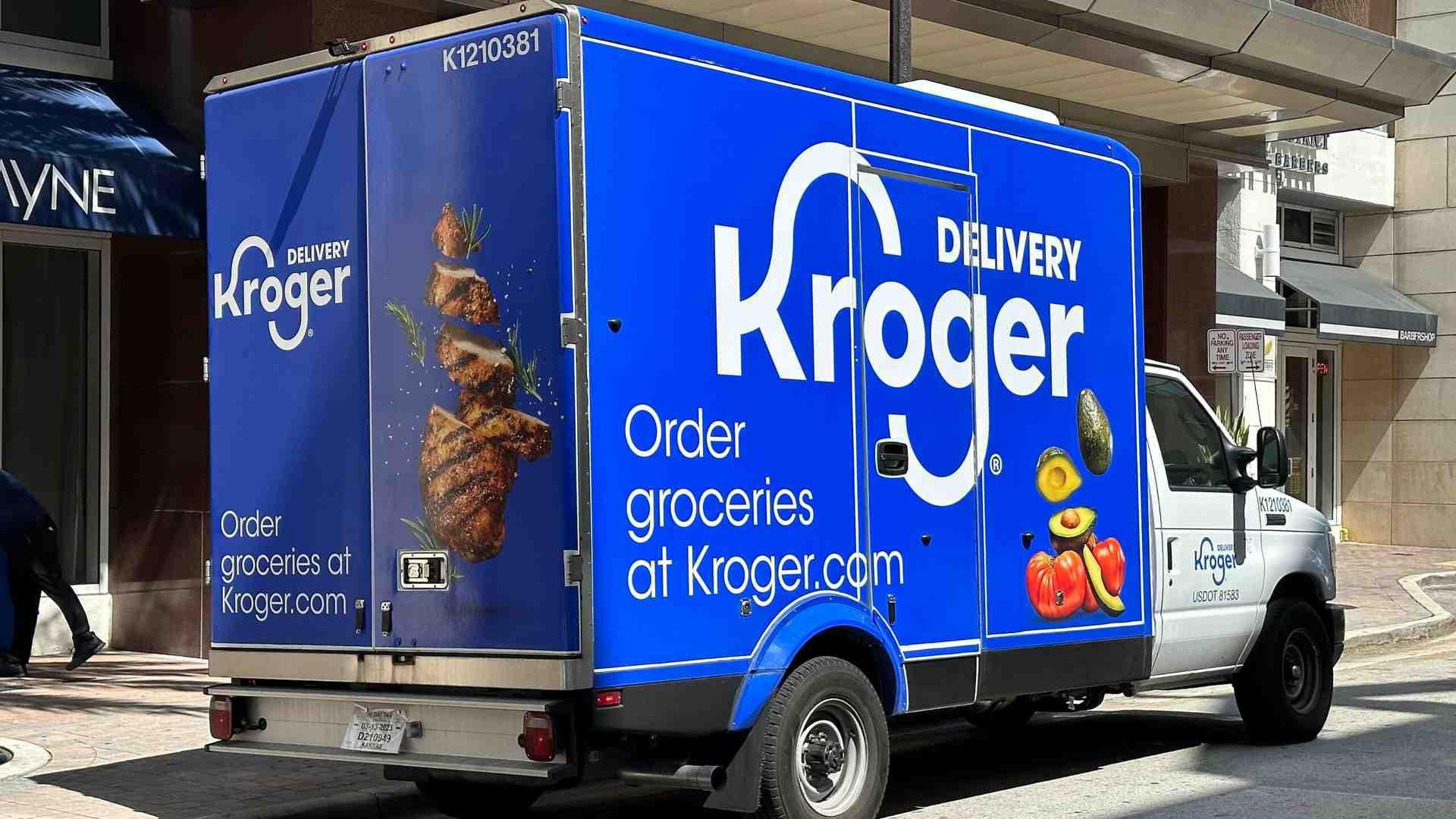
Rodney McMullen, Kroger’s CEO, sees a different future. In his vision, merging with Albertsons isn’t about creating a supermarket monopoly.
Instead, it’s about survival and competitiveness, particularly against retail juggernauts like Walmart and Amazon. McMullen argues that this merger is a strategic move to offer customers better prices and services, positioning Kroger-Albertsons as a formidable opponent to non-unionized retail giants (via Fast Company).
A Unionized Workforce at Stake
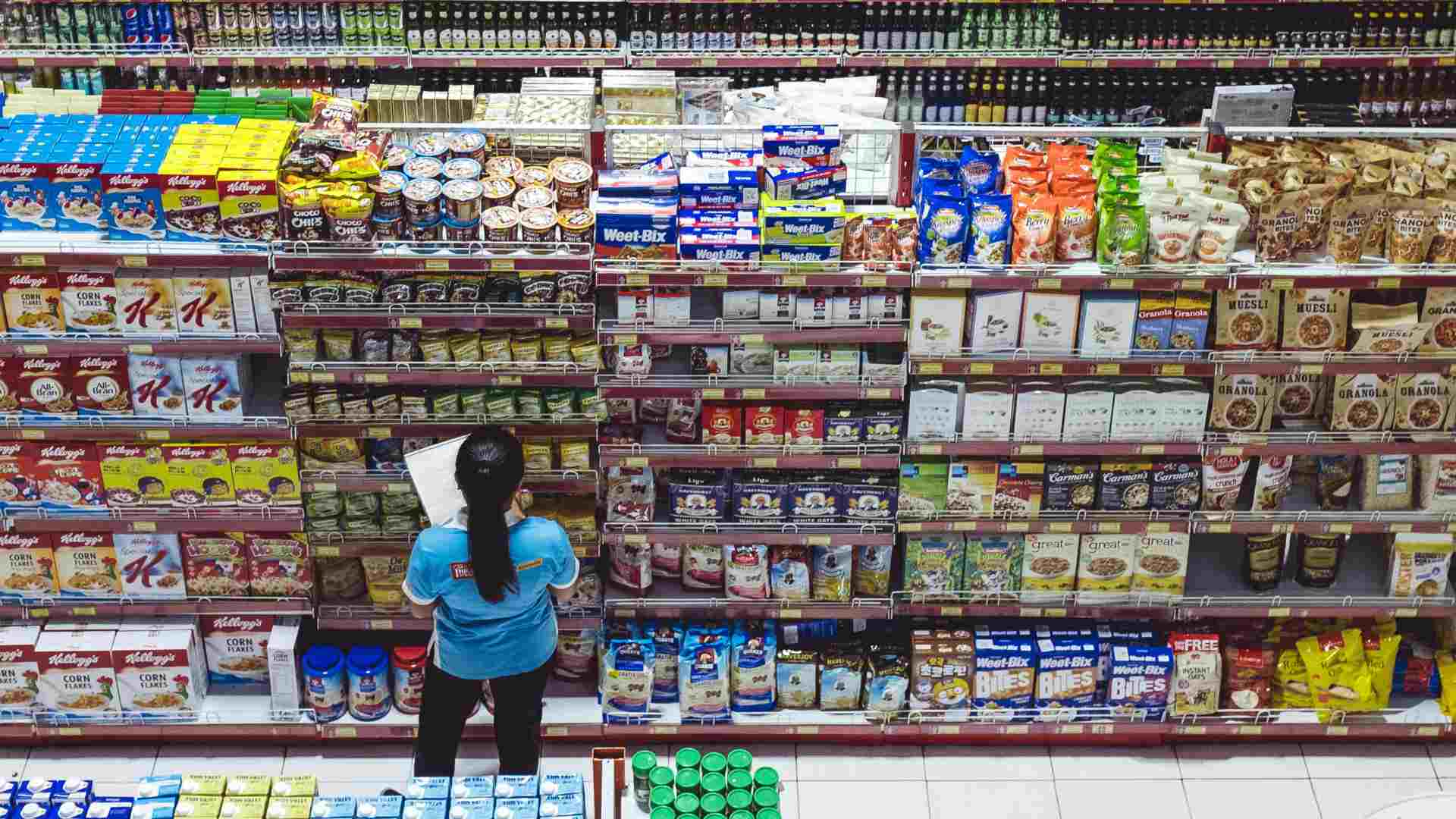
At the heart of this merger are the workers. Both Kroger and Albertsons employ a vast number of unionized staff, a rarity in today’s retail landscape dominated by nonunion giants. The companies say that by joining forces, they can provide stronger job security and better conditions for their employees.
But with unions and workers voicing concerns, the question remains: Will this merger protect or jeopardize the livelihoods of thousands of grocery workers?
The Counterargument: A Coalition of Concern
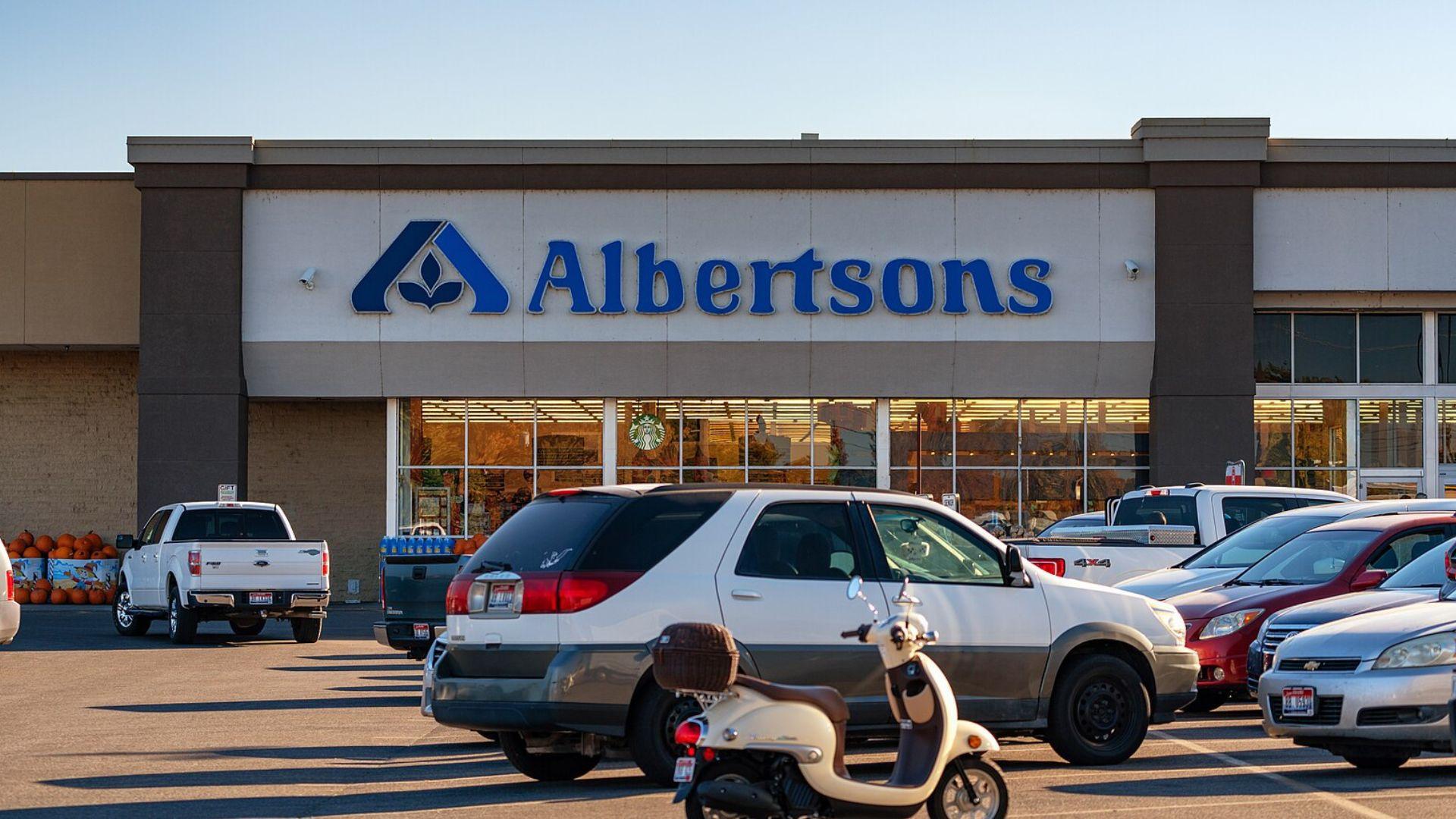
It’s not just the FTC raising the alarm. A broad coalition, including unions, small grocers, and both Democratic and Republican politicians, has emerged to oppose the merger. They argue that this deal would only cement the dominance of large, nonunion retailers, squeezing out the small players and hurting the industry as a whole.
This diverse opposition highlights the wide-ranging impact of the merger, suggesting it could reshape the grocery industry in ways that might not benefit the average consumer.
The Divestiture Dilemma
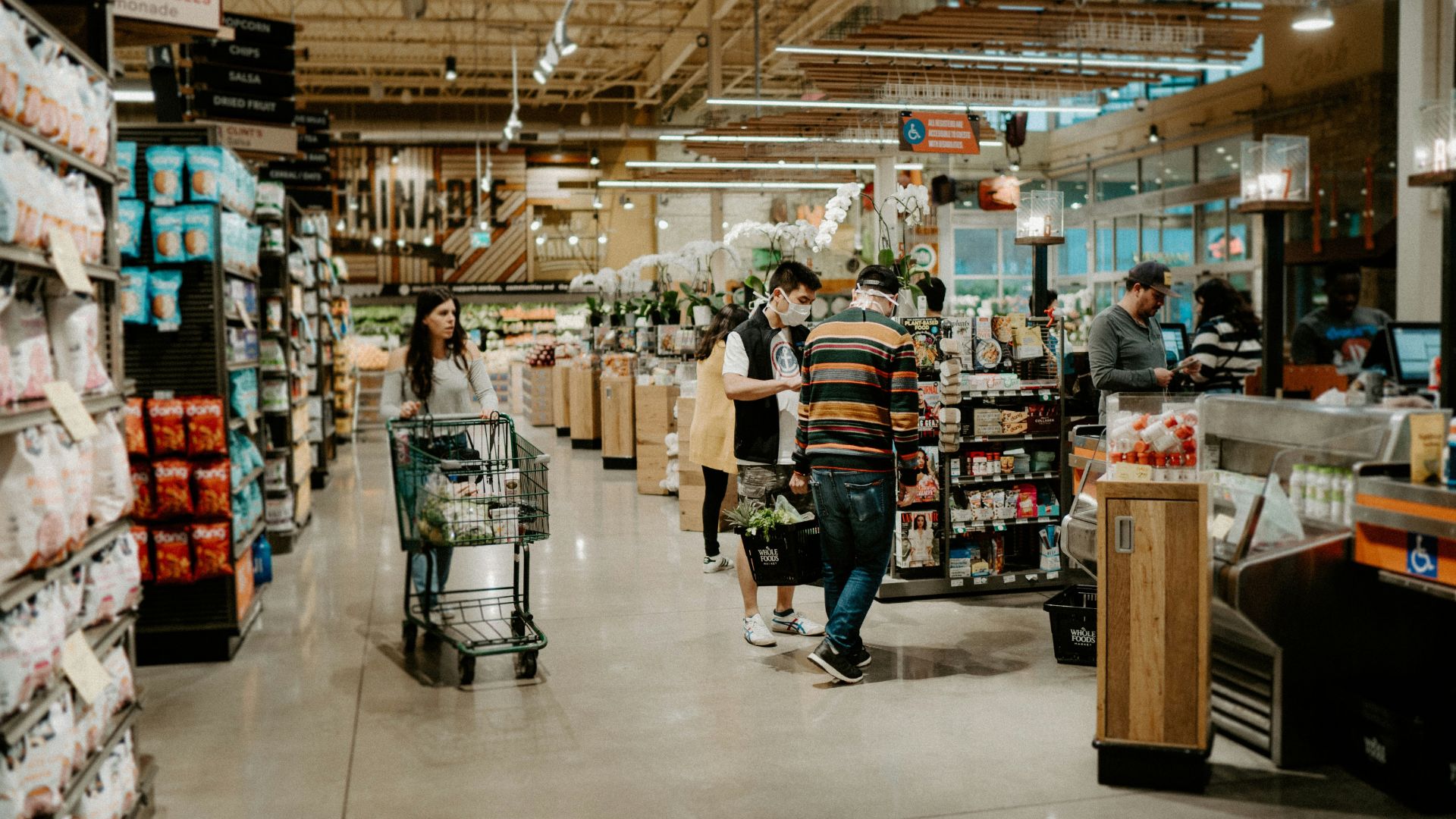
In an attempt to ease antitrust concerns, Kroger has proposed selling off around 400 stores, per CNN. But the FTC isn’t buying it, labeling the plan as insufficient and ineffective.
The government’s skepticism stems from past experiences where simply selling stores might not solve the deeper issues of market dominance and consumer choice.
Lessons from the Past
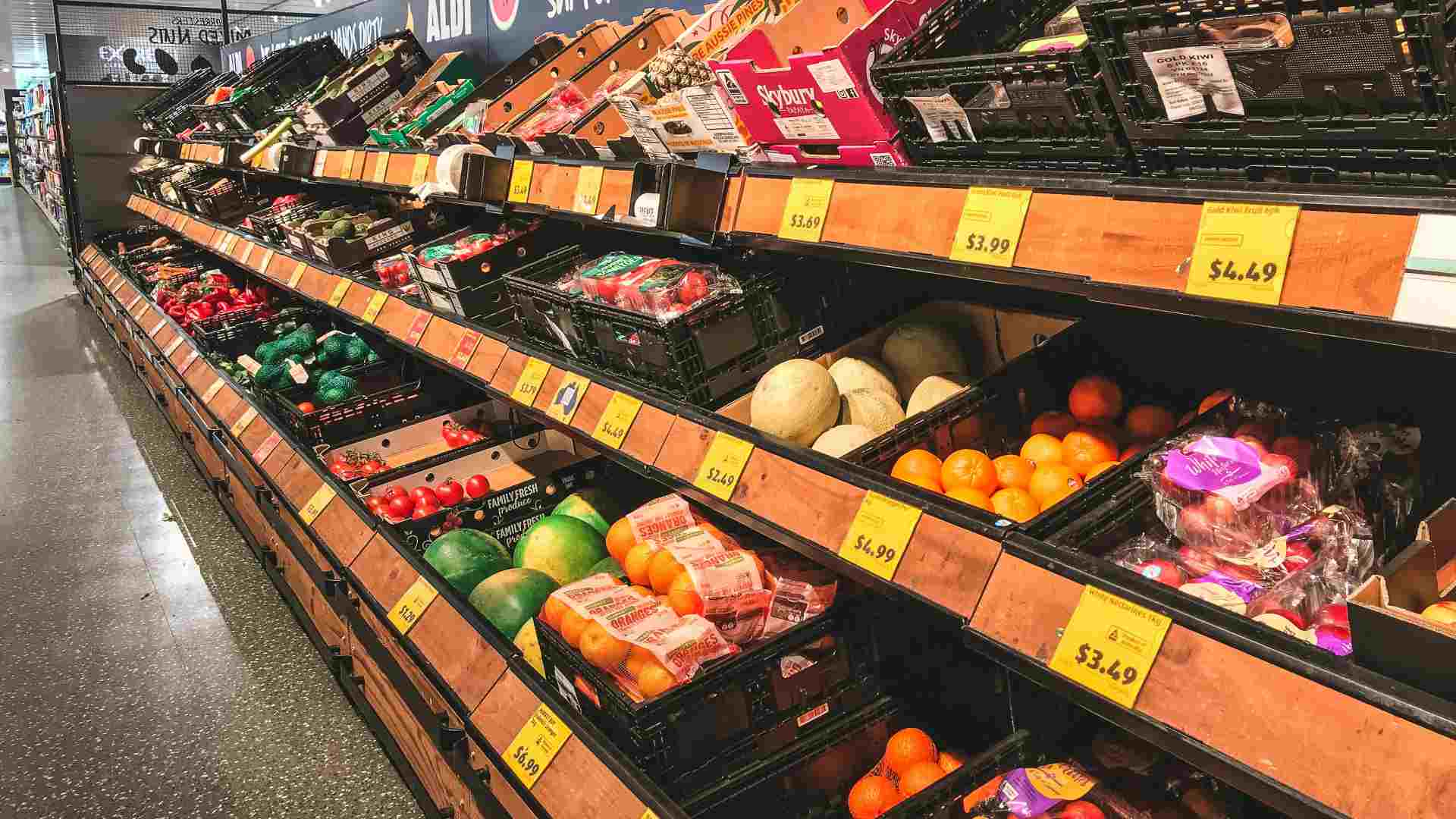
The FTC is drawing parallels between this proposed merger and Albertsons’ previous tie-up with Safeway.
That deal, which also involved store divestitures, didn’t pan out as planned, leading to the downfall of Haggen, a small chain that took over some of the divested stores. This historical context is crucial as it sheds light on the potential pitfalls of Kroger and Albertsons’ current plans.
Lina Khan’s Antitrust Vision

FTC Chair Lina Khan is known for her tough stance on antitrust issues, and this case is no exception. Khan’s skepticism about divestitures as a solution stems from a belief that they often fail to preserve competition.
Under her leadership, the FTC is challenging what many saw as the status quo in antitrust enforcement. Khan’s approach to the Kroger-Albertsons merger reflects broader changes in how America deals with big business.
The Battle Lines Are Drawn
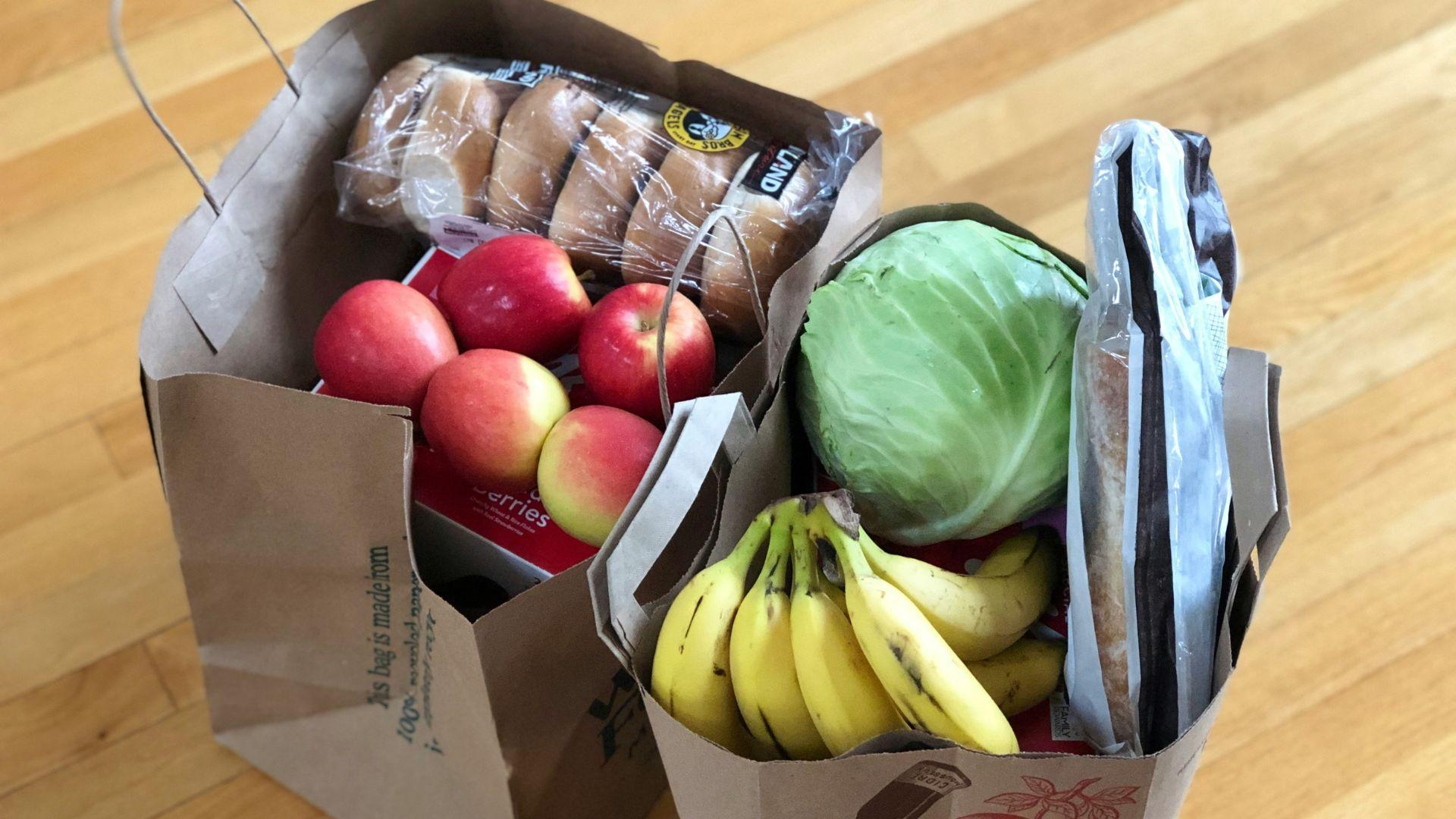
Despite the FTC’s lawsuit, Kroger and Albertsons are not backing down. They’re planning to appeal the decision, setting the stage for a high-stakes legal battle.
As both sides prepare for court, consumers and workers are left wondering how this showdown will affect their choices and their jobs.
The Future of Grocery Shopping
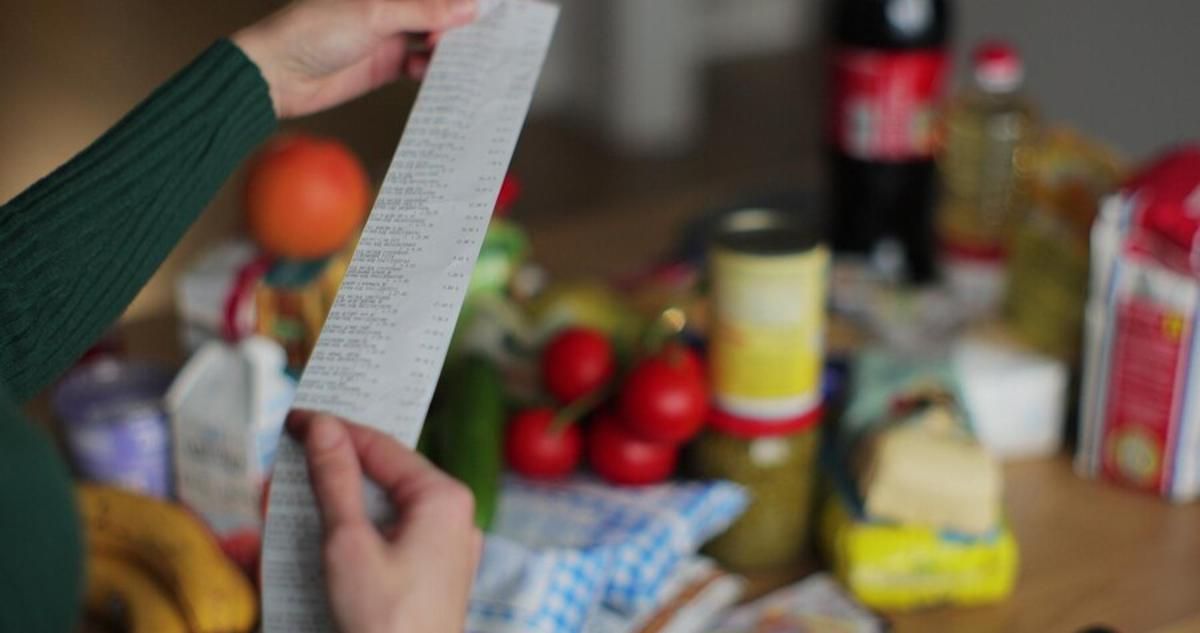
What does this mean for the future of grocery shopping? From pricing strategies to store availability, the landscape of American grocery shopping could be on the brink of significant change.
As the legal battle unfolds, the ultimate question remains: Who will win, and at what cost?
Your Voice Matters
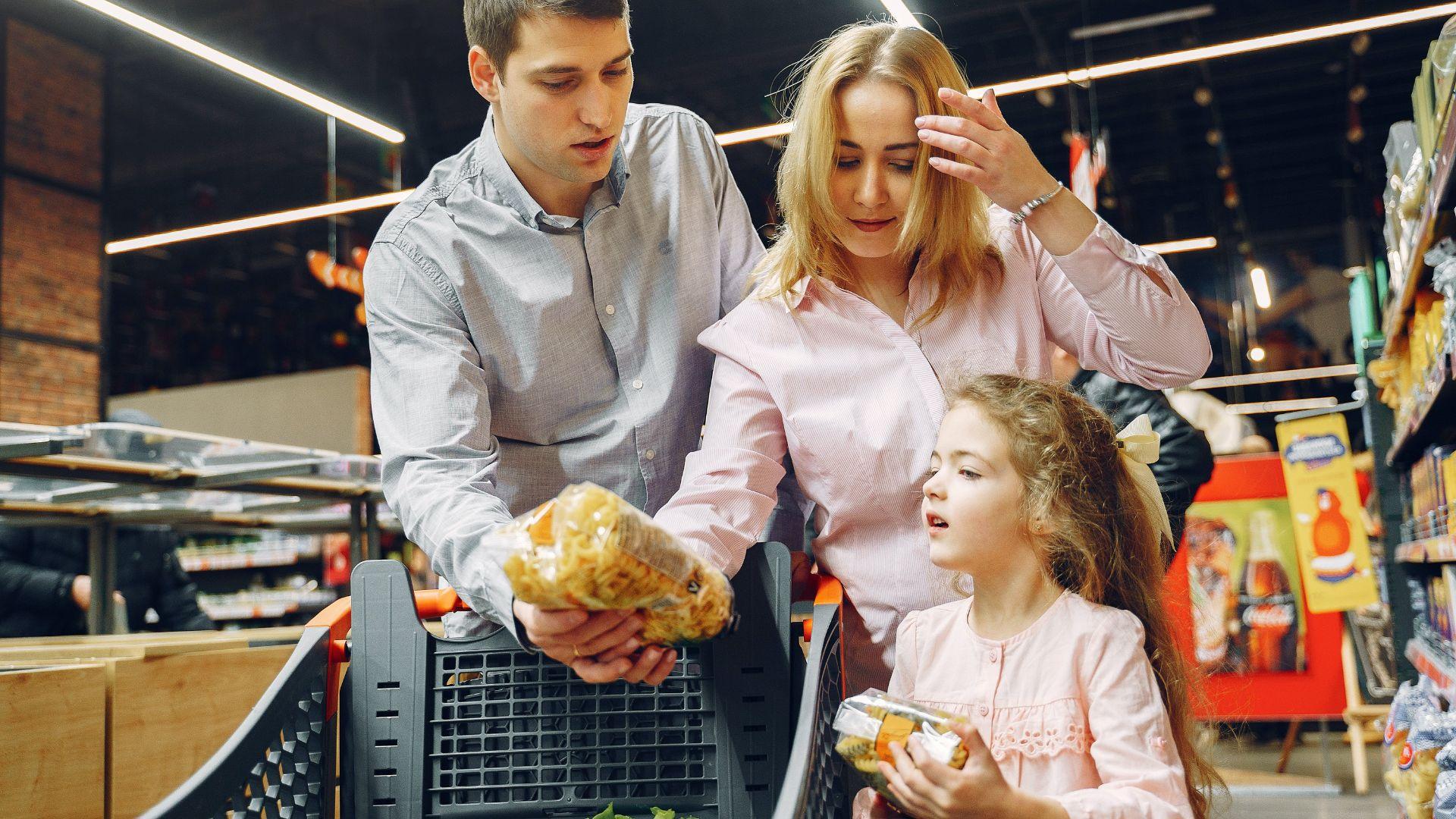
This merger is more than a business deal. It’s a decision that could affect communities across the country. But it’s not just up to the companies, the FTC, or even the courts. Consumers have a voice in this saga too.
Consumers should stay informed, engage in the conversation, and understand how their shopping choices can influence the grocery industry’s future, even in mega deals such as this one.
